Research
My research is at the intersection of AI, data science, education, psychology, and technology. Specifically, my research is centered around:
- Developing and applying educational data mining and learning analytics methods on process data to explore how learners interact with technology-based learning and assessment systems, and how these interactions relate to cognition and learning,
- Ensuring fairness in AI and data science methods used in education, and
- Assessing and supporting complex 21st-century skills (e.g., collaborative problem solving, self-regulated learning).
Educational Data Mining and Learning Analytics on Process Data
I am passionate about developing and applying educational data mining and learning analytics methods on process data to explore how learners interact with technology-based assessments and learning systems, and how the interactions are related to cognition and learning. My work often involves analyzing the wealth of multimodal process data (e.g., log files, text chats, audio, video) obtained from various types of systems, including large-scale educational assessments, intelligent tutoring systems, simulations, educational games, and virtual environments. For example, in a series of studies using data from NAEP’s digitally based assessments, we investigate test-takers’ cognitive and metacognitive processes and problem-solving strategies by integrating process data, response data, and survey questionnaire data. To uncover patterns in learner behavior and cognition, I apply advanced methods including sequence mining, feature engineering, cluster analysis, social network analysis, hidden Markov models, and visualization techniques like Sankey diagrams to make visible what is often hidden in traditional assessments. Below are select projects related to this line of work.
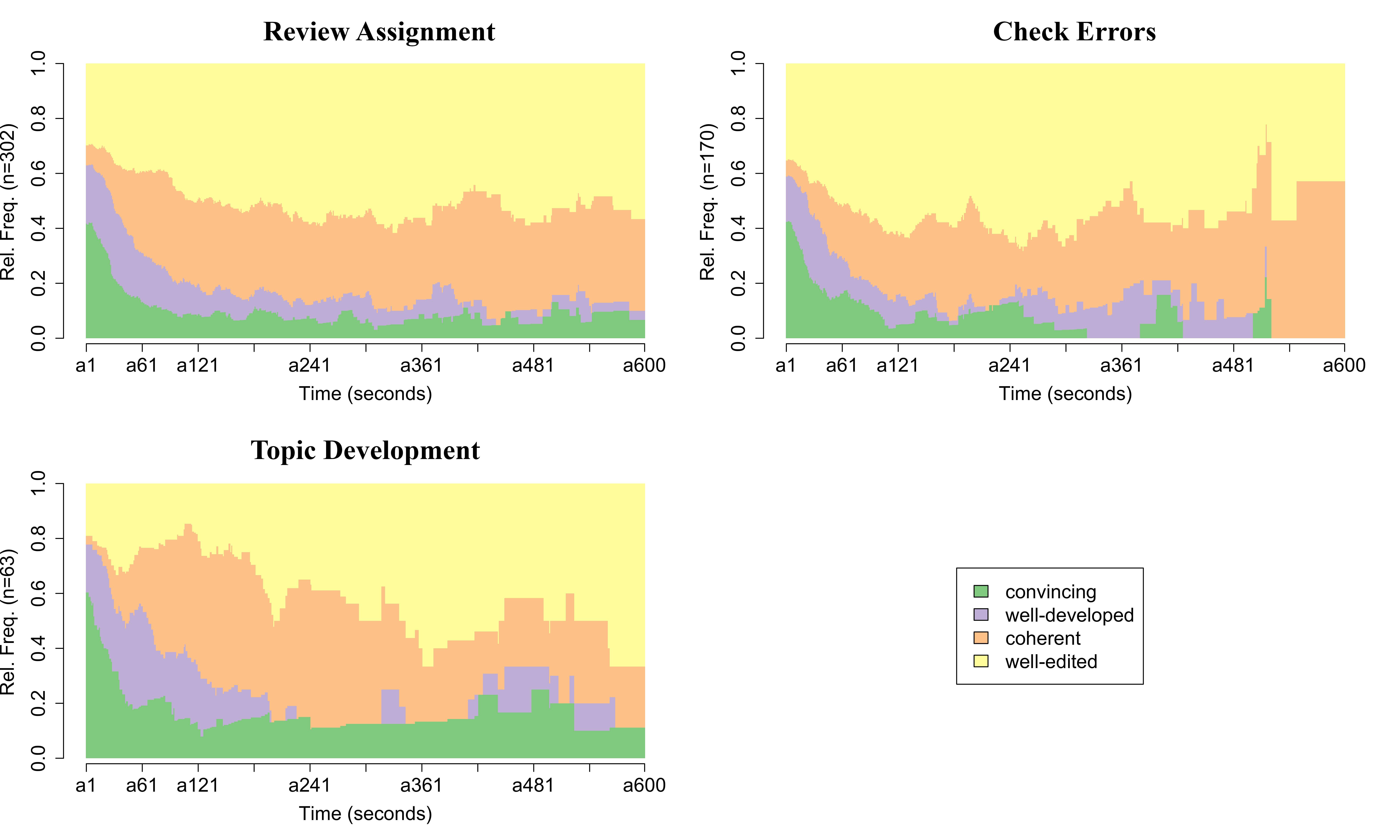 JCAL
JCAL
Yang Jiang, Beata Beigman Klebanov, Jiangang Hao, Paul Deane, Oren E. Livne
Journal of Computer Assisted Learning, 2025.
 COMP EDU
COMP EDU
Yang Jiang, Gabrielle A. Cayton-Hodges, Leslie Nabors Oláh, Ilona Minchuk
Computers and Education, 2023.
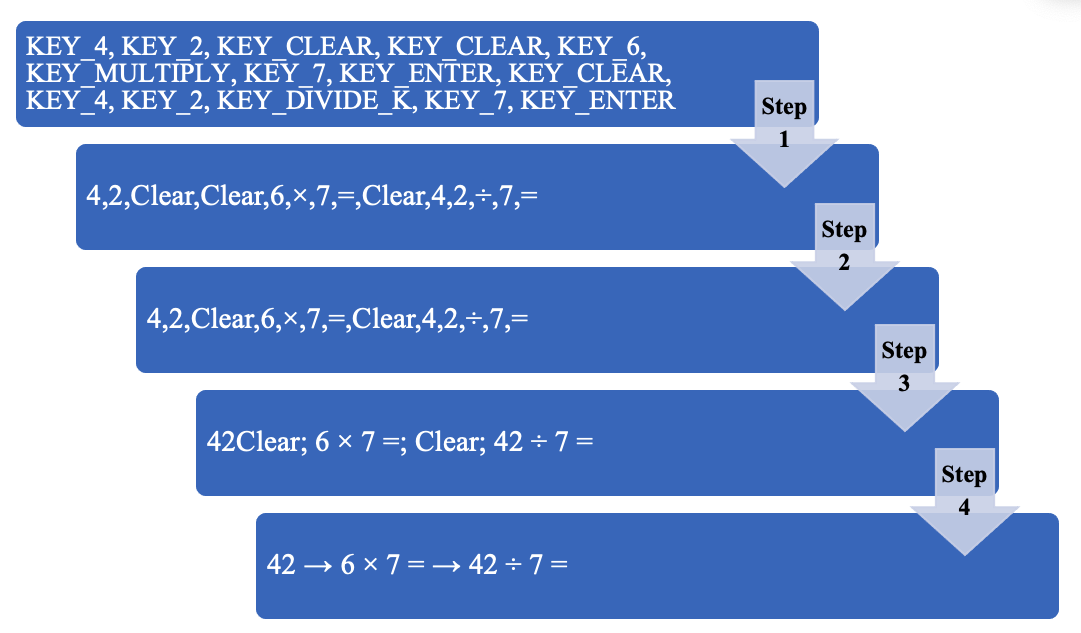 JRME
JRME
Yang Jiang, Gabrielle A. Cayton-Hodges
Journal for Research in Mathematics Education, 2023.
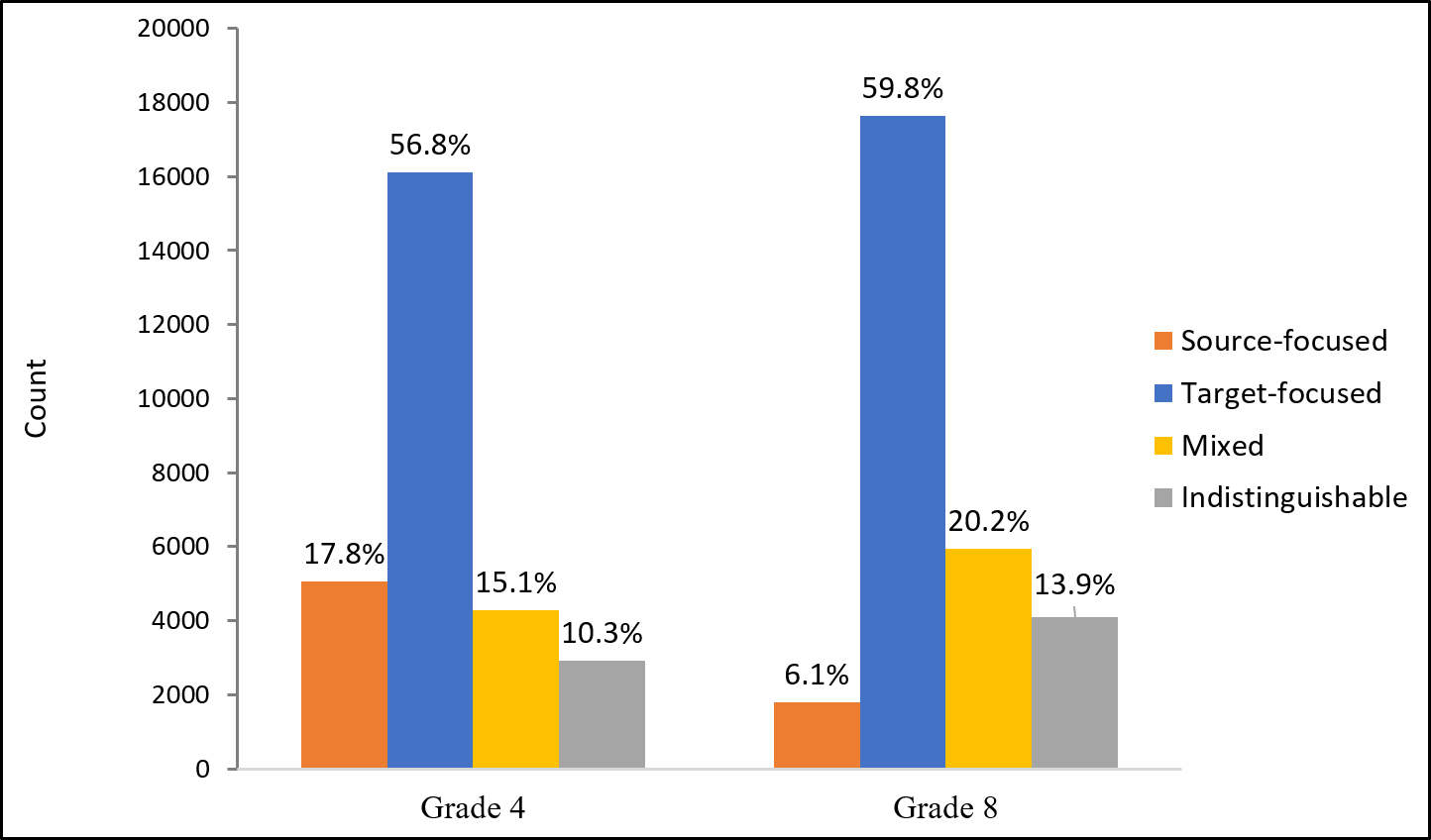 LSAE
LSAE
Yang Jiang, Tao Gong, Luis E. Saldivia, Gabrielle Cayton-Hodges, Chris Agard
Large-Scale Assessments in Education, 2021.
 AIED
AIED
Yang Jiang, Nigel Bosch, Ryan S. Baker, Luc Paquette, Jaclyn Ocumpaugh, Juliana Ma Alexandra L. Andres, Allison L. Moore, Gautam Biswas
Proceedings of the 19th International Conference on Artificial Intelligence in Education (AIED 2018)
🏆 [Best Student Paper Award] [Nominated for Best Paper Award]
Responsible and Ethical Use of AI in Education
The rapid rise of generative AI, such as ChatGPT, presents both tremendous opportunities and complex challenges. One significant challenge for educators is determining whether students’ submissions are their own work or AI-generated—a task crucial for ensuring academic integrity. To address this, we developed and evaluated various methods for detecting AI-generated essays by leveraging extensive data from large-scale assessments. We systematically investigated detectors’ performance across demographic groups, ensuring the detectors are fair with no systemic disadvantages for marginalized students. Our detectors achieved near-perfect accuracy and minimal bias against non-native English speakers. Expanding this work, we incorporated process data such as keystroke dynamics and writing behaviors to identify nonauthentic writing behaviors, opening new avenues for enhancing detection methods while prioritizing fairness. Our findings offer empirical evidence to inform educational policies, support the responsible use of AI tools, and promote fairness in academic environments. This work was recognized with the Harvard Graduate School of Education Alumni Council Award for Impact in Education.
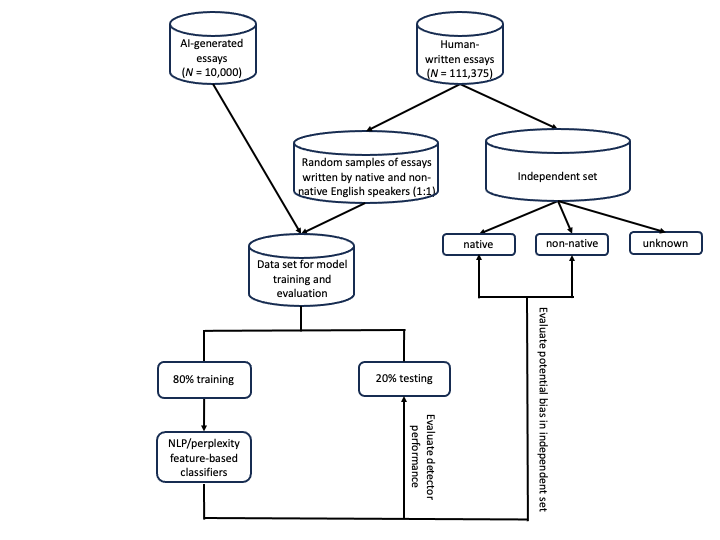 COMP EDU
COMP EDU
Yang Jiang, Jiangang Hao, Michael Fauss, Chen Li
Computers and Education, 2024.
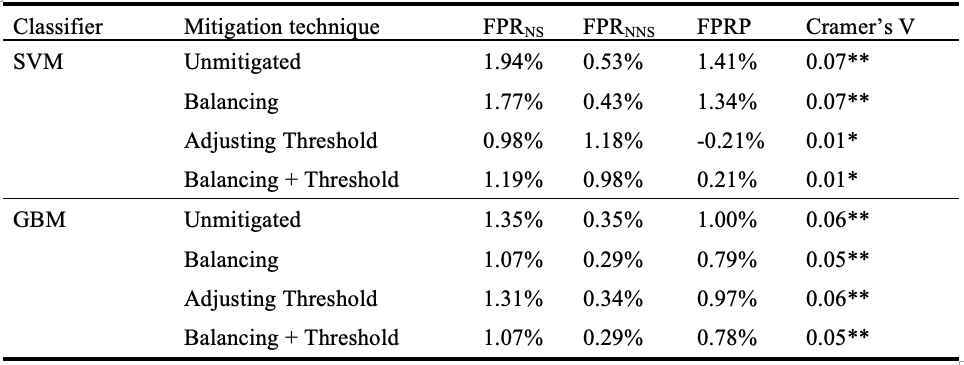 AIED
AIED
Yang Jiang, Jiangang Hao, Michael Fauss, Chen Li
Proceedings of the 25th International Conference on Artificial Intelligence in Education (AIED 2024)
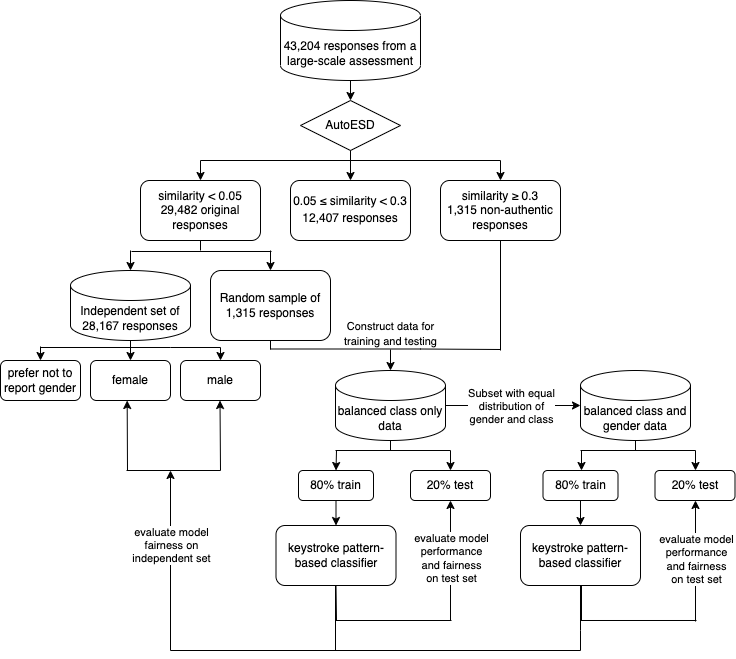 JEM
JEM
Yang Jiang, Mo Zhang, Jiangang Hao, Paul Deane, Chen Li
Journal of Educational Measurement, 2024.
Assessment of Complex 21st Century Skills in the Age of AI
I have led and contributed to numerous large-scale, multi-year research projects focused on assessing and supporting complex 21st century skills, including collaborative problem solving (CPS) and self-regulated learning (SRL). These projects span a wide range of domains, task types, participant populations, and experimental designs, enabling us to examine the generalizability of our methodologies and findings across diverse contexts. We apply theoretically grounded approaches that integrate educational data mining, psychometric modeling, and data analytics on multimodal data to better measure these complex constructs and understand their relationship to learning outcomes. This research provides deeper insights into the dynamics of human-human and human-AI interactions, supports more valid assessments of complex skills, and informs the design of interventions or scaffolding to support the development and transfer of these critical skills.
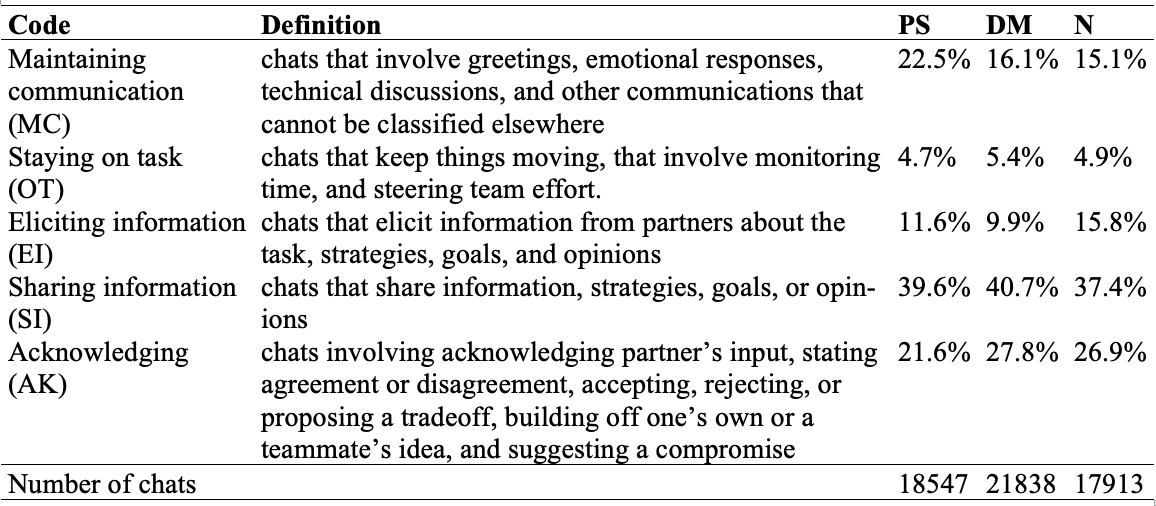 AIED
AIED
Yang Jiang, Jiangang Hao, Wenju Cui, Emily Kerzabi, Patrick Kyllonen
Proceedings of the 26th International Conference on Artificial Intelligence in Education (AIED 2025)
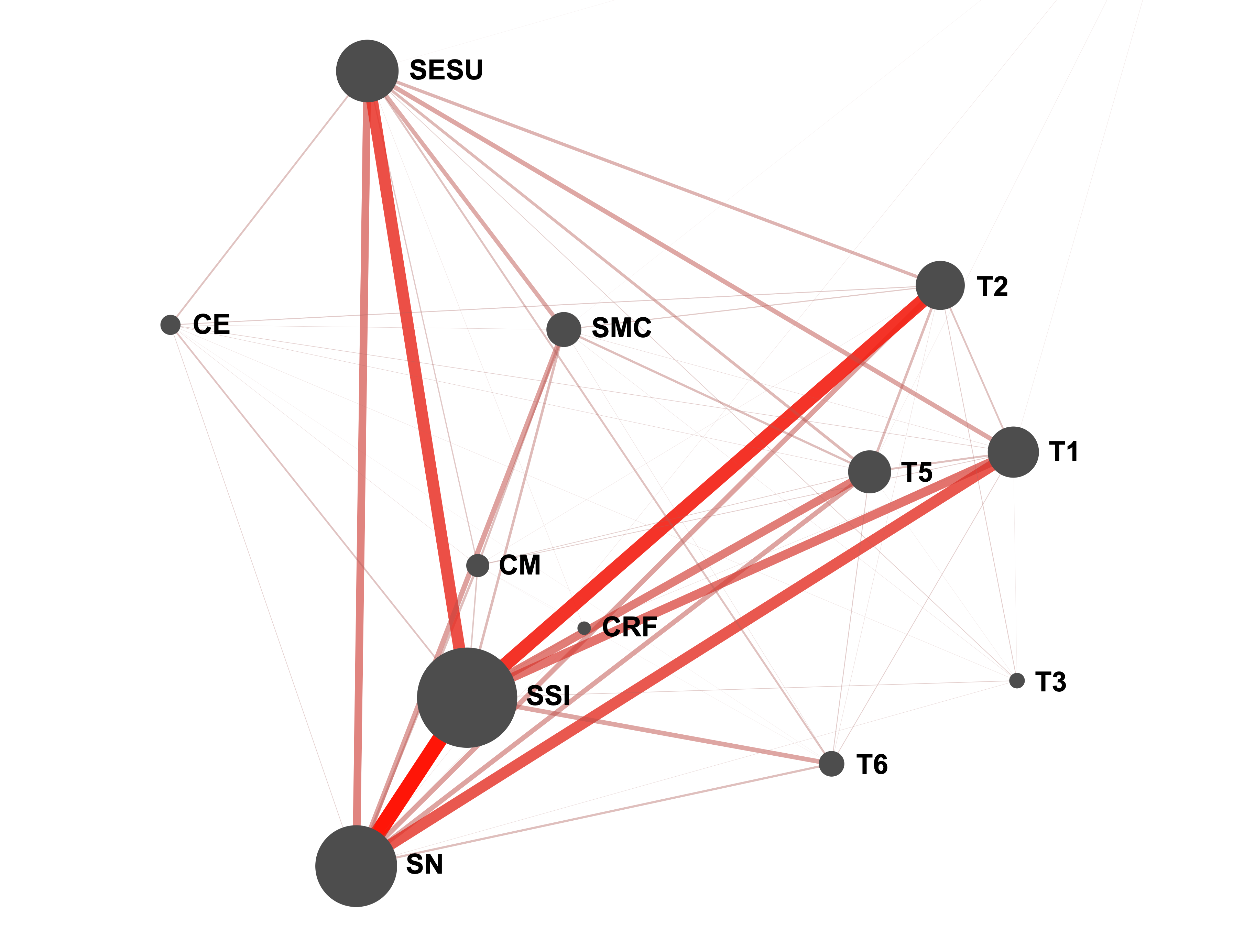 ISLS
ISLS
Yang Jiang, Edith Aurora Graf, Jessica Andrews-Todd
Proceedings of the Annual Meeting of the International Society of the Learning Sciences (ISLS 2025)
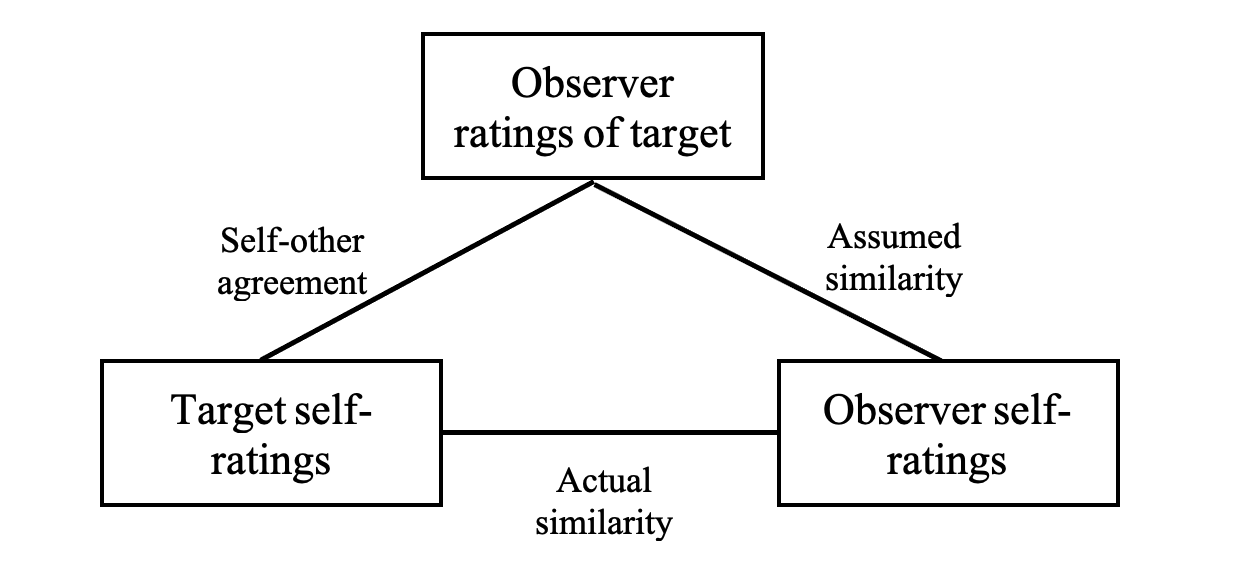 CHB
CHB
Yang Jiang, Michelle Martín-Raugh, Zhitong Yang, Jiangang Hao, Lei Liu, Patrick C. Kyllonen
Computers in Human Behavior, 2023.
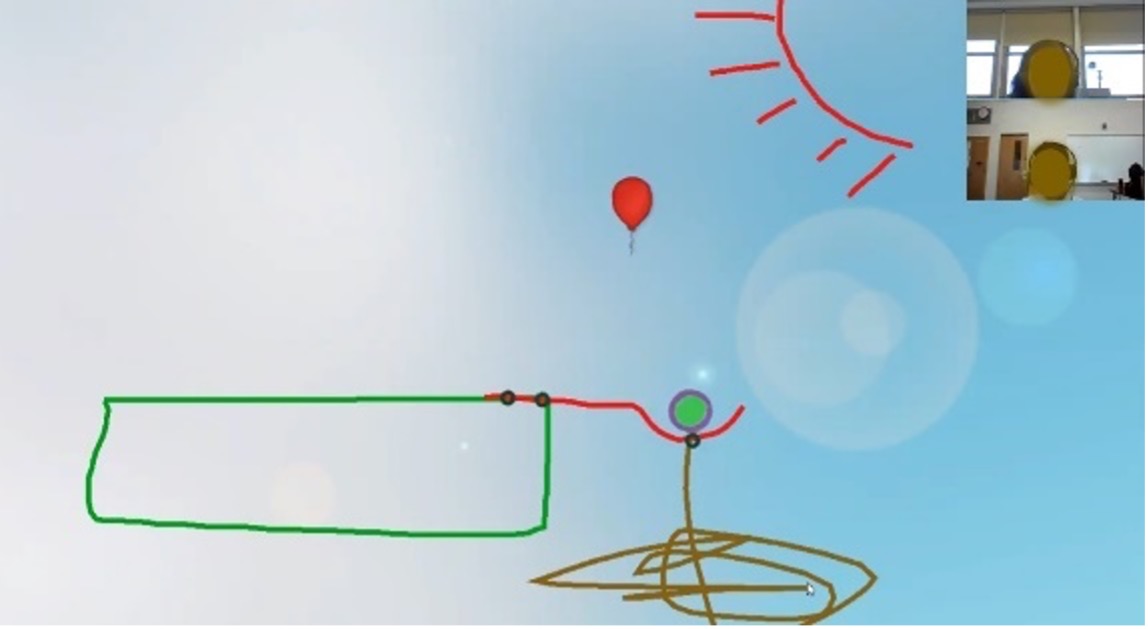 COMP EDU
COMP EDU
Jessica Andrews-Todd, Yang Jiang, Jonathan Steinberg, Samuel L. Pugh, Sidney K. D’Mello
Computers and Education, 2023.
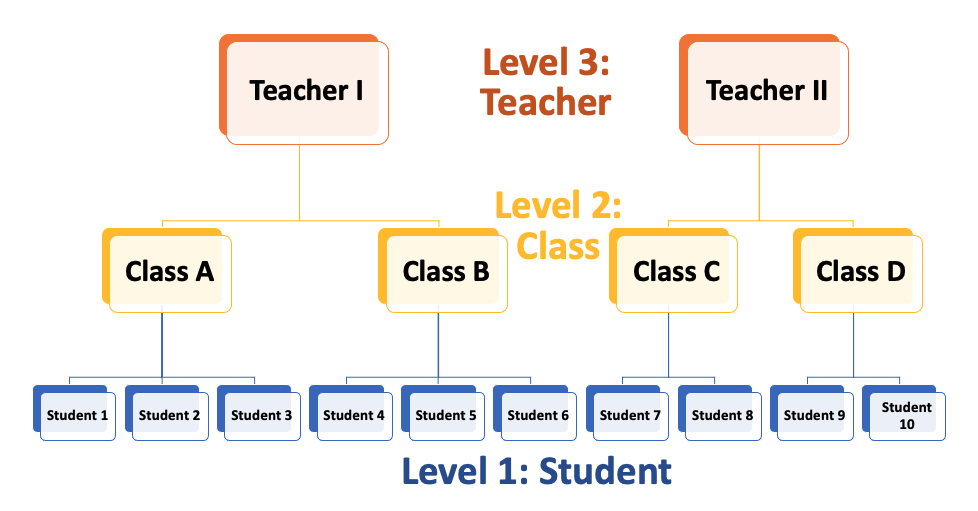 Book Chapter
Book Chapter
Yang Jiang, Jody Clarke-Midura, Ryan S. Baker, Luc Paquette, Bryan Keller
Digital Technologies and Instructional Design for Personalized Learning, 2018
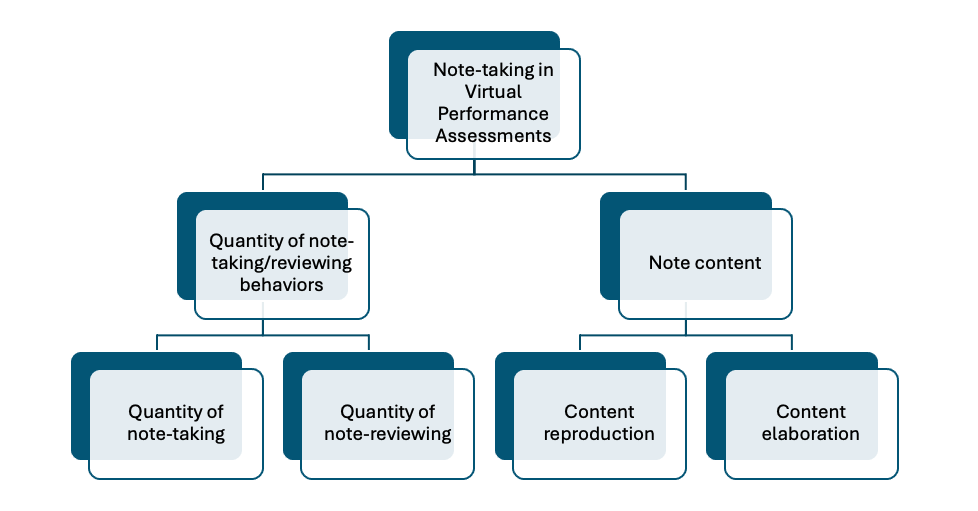 CEP
CEP
Yang Jiang, Jody Clarke-Midura, Bryan Keller, Ryan S. Baker, Luc Paquette, Jaclyn Ocumpaugh
Contemporary Educational Psychology, 2018
